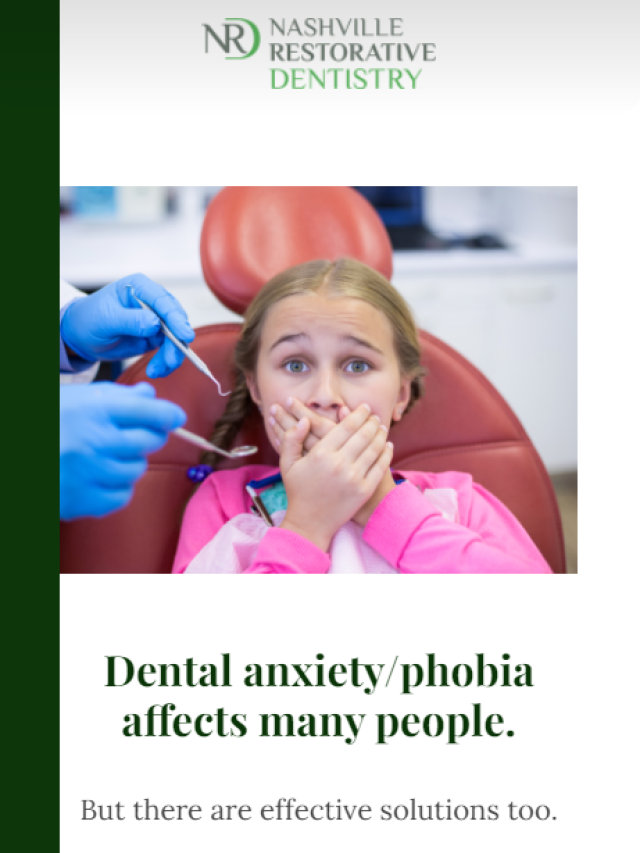
09
Nov
Treating Sleep Apnea with Effective and Comfortable Oral Sleep Apnea Appliances

Sleep quality should be high up on your self-care list. You may not realize it, but quality sleep is as good as exercise or proper nutrition. Getting consistent and high-quality sleep boosts your immunity, mood, memory, and more! It improves all aspects of your health; including physical, emotional, and mental well-being.
Unfortunately, you can’t get a full night’s sleep if you have obstructive sleep apnea (OSA). When this happens night after night, it creates stress and strains your entire body, resulting in numerous health complications. Therefore, it is crucial to consult a physician or dentist who can assist you in setting up an at home or out patient observed sleep study. A physician that specializes in sleep disorders can then diagnose any sleep-related issues. After undergoing a sleep study and being diagnosed, treatment options can be reviewed with you.
Obstructive sleep apnea explained
Patients with sleep apnea experience partial or complete airway blockage when sleeping, interrupting their breathing. These disruptions cause multiple awakenings at night, leading to fragmented sleep patterns. Most patients are unaware this is even happening. Failure to get a quality night’s sleep opens the door to numerous health complications, including:
- Daytime fatigue
- Sleepiness
- Chronic headaches and migraines
- Irritability
- Depression
More importantly, obstructive sleep apnea (OSA) doesn’t merely manifest with the above mentioned symptoms. This sleep disordered breathing can increase the risk of high blood pressure, heart attack, stroke, and other systemic diseases when left untreated. Furthermore, OSA can impair daytime concentration, decreasing alertness while driving or performing other important tasks that require alertness and clear thinking.
Treating sleep apnea with oral appliances
A CPAP (continuous positive airway pressure) is usually the standard OSA treatment many medical practitioners offer. This device delivers pressurized air through a flexible hose attached to a mask worn over your nose or both nose and mouth. While CPAPs effectively manage sleep apnea, many patients find them uncomfortable and claustrophobic.
If you can’t tolerate or don’t want a CPAP machine, Drs. Ryan Jones and Caleb Estes offer mandibular repositioning devices (MRDs) to treat OSA. These retainer-like devices fit over the lower and upper teeth to reposition your lower jaw downward and forward to keep your airway open as you sleep. Easy! No tubes, no masks, and no noise — you only need to place your device in the mouth before falling asleep.
Request Appointment
Benefits of sleep apnea oral appliances
Oral appliance therapy reduces or prevents sleep apnea symptoms like chronic snoring, choking, or gasping for air. This treatment also ensures your body gets sufficient oxygen by keeping the airway open. Normalized breathing and satisfactory sleep quality avert sleep apnea health complications.
Sleep apnea appliances effectively treat mild to moderate OSA and offer many benefits, including.
- Easy to use
- Discreet treatment
- Quiet and comfortable
- No need to use electricity
- Easy to maintain
- They are portable, making them easy to travel with
Don’t let sleep apnea wreck the quality of your life. Instead, call (615) 640-8494 to schedule an appointment with Nashville Restorative Dentistry.
We offer several sleep apnea treatment options to restore your healthy sleeping patterns. We are located in Franklin, Tennessee, and serve patients from Brentwood, Nashville, and Cool Springs. Visit us today, and soon, you’ll be sleeping and breathing more easily.
Share this Article
Experience excellence in dental care today.
You shouldn’t have to worry about your mouth or let unpleasant past dental experiences prevent you from living the life you want.
Reviewr Name
Michelle W.
Patient Testimonial
Issue: Spacing between the front teeth and an uneven tilt to the smile.
Solution: Short term orthodontics to evenly spread out the space between the teeth followed by veneers across the eight front teeth to create a level smile with color consistency and no spaces.







